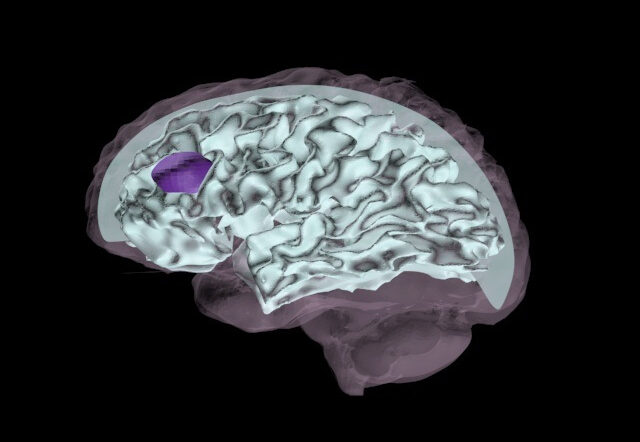The Science Behind Sobriety

In a world where socializing often involves the presence of alcohol, understanding the science behind sobriety becomes paramount. This article delves into the intricate relationship between alcohol consumption and its effects on the brain and body. Beyond the typical warnings about moderation, it’s crucial to comprehend the underlying physiological processes that take place when alcohol enters our system.
Unveiling the Brain-Alcohol Connection
Neurons and Neurotransmitters
The brain is a complex organ composed of billions of neurons, each communicating through neurotransmitters. Alcohol, when consumed, interferes with this delicate balance. It depresses the central nervous system, slowing down neurotransmitter function. GABA, a neurotransmitter responsible for inhibiting neural activity, is enhanced by alcohol, leading to the characteristic relaxation associated with moderate drinking.
The Dopamine Release
Alcohol also influences the reward center of the brain, stimulating the release of dopamine. This creates a sense of pleasure and reinforces the desire to drink. Understanding this mechanism is crucial in comprehending why some individuals may develop a dependency on alcohol, as the brain associates drinking with pleasure.
The Body’s Response to Alcohol
Liver Metabolism
Once alcohol is consumed, the liver takes charge of metabolizing it. However, the liver has limits, and excessive drinking can overwhelm its capacity to break down alcohol efficiently. This leads to the buildup of toxins in the body, contributing to various health issues.
Impact on the Cardiovascular System
Alcohol can have both short-term and long-term effects on the cardiovascular system. While moderate drinking may have some cardiovascular benefits, excessive consumption can lead to high blood pressure, irregular heartbeats, and an increased risk of heart disease.
The Hangover: A Lingering Aftermath
Understanding the aftermath of alcohol consumption is as crucial as grasping its immediate effects. A hangover is the body’s way of expressing displeasure with excessive alcohol intake. Dehydration, headaches, and fatigue are common symptoms, providing a stark reminder of the toll alcohol can take on the body.

Sobriety: A Journey Worth Pursuing
Overcoming Dependency
For individuals struggling with alcohol dependence, achieving sobriety is a formidable journey. Professional support, counseling, and, in some cases, medical intervention may be necessary. Sobriety not only restores physical health but also contributes to mental and emotional well-being.
Reversing Cognitive Impairment
Long-term alcohol abuse can lead to cognitive impairment and memory loss. The positive aspect is that the brain has a remarkable ability to heal. Sobriety can contribute to the reversal of cognitive decline, allowing individuals to regain mental clarity and function.
Conclusion: Navigating a Balanced Lifestyle
Understanding the science behind sobriety empowers individuals to make informed choices about alcohol consumption. While moderate drinking may not pose significant risks for most people, it’s essential to be aware of personal limits and the potential consequences of excessive alcohol intake. Sobriety is not just a state of abstaining from alcohol; it’s a journey towards a balanced and healthier lifestyle. For more articles, information, and resources about overcoming addiction challenges, you may visit their page to learn more.




